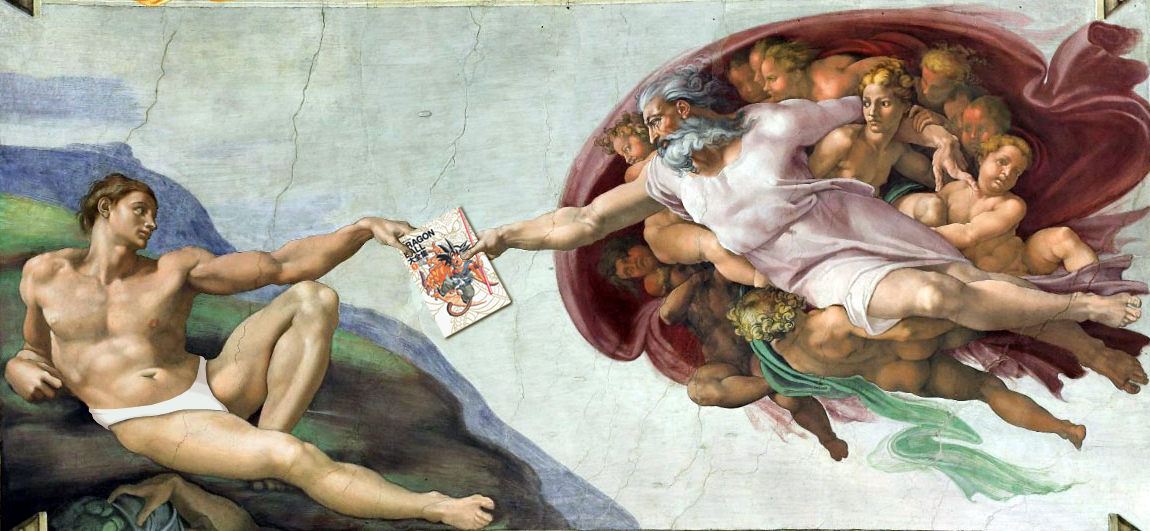
The Great Canonical Debate
AUTHOR’S NOTE: This blog post was written in late 2011, about a year before Battle of Gods and about three years before Dragon Ball Super. It’s a little rough around the edges in terms of […]

AUTHOR’S NOTE: This blog post was written in late 2011, about a year before Battle of Gods and about three years before Dragon Ball Super. It’s a little rough around the edges in terms of […]

I would like to preface this post by putting it out there up front that there will be a lot of frustration contained within. It will also be kinda wordy and ranty. Perhaps that “spoils” […]

I almost feel like it is not even worth bringing this up. I mean, honestly… the FUNimation cropping fiasco of 2007 is three years old. Not only is it old, but it is irrelevant with […]

I came across the following video on YouTube the other day while going through the referrals for website traffic on Daizenshuu EX. The description is basically nothing more than a link to my site, and […]
Copyright © 2025 | MH Magazine WordPress Theme by MH Themes